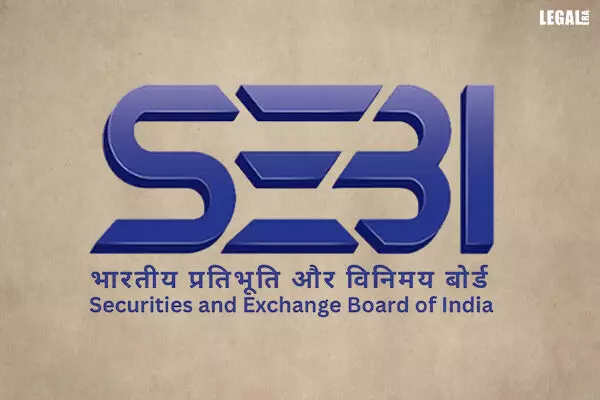- Home
- News
- Articles+
- Aerospace
- AI
- Agriculture
- Alternate Dispute Resolution
- Arbitration & Mediation
- Banking and Finance
- Bankruptcy
- Book Review
- Bribery & Corruption
- Commercial Litigation
- Competition Law
- Conference Reports
- Consumer Products
- Contract
- Corporate Governance
- Corporate Law
- Covid-19
- Cryptocurrency
- Cybersecurity
- Data Protection
- Defence
- Digital Economy
- E-commerce
- Employment Law
- Energy and Natural Resources
- Entertainment and Sports Law
- Environmental Law
- ESG
- FDI
- Food and Beverage
- Gaming
- Health Care
- IBC Diaries
- In Focus
- Inclusion & Diversity
- Insurance Law
- Intellectual Property
- International Law
- IP & Tech Era
- Know the Law
- Labour Laws
- Law & Policy and Regulation
- Litigation
- Litigation Funding
- Manufacturing
- Mergers & Acquisitions
- NFTs
- Privacy
- Private Equity
- Project Finance
- Real Estate
- Risk and Compliance
- Student Corner
- Take On Board
- Tax
- Technology Media and Telecom
- Tributes
- Viewpoint
- Zoom In
- Law Firms
- In-House
- Rankings
- E-Magazine
- Legal Era TV
- Events
- News
- Articles
- Aerospace
- AI
- Agriculture
- Alternate Dispute Resolution
- Arbitration & Mediation
- Banking and Finance
- Bankruptcy
- Book Review
- Bribery & Corruption
- Commercial Litigation
- Competition Law
- Conference Reports
- Consumer Products
- Contract
- Corporate Governance
- Corporate Law
- Covid-19
- Cryptocurrency
- Cybersecurity
- Data Protection
- Defence
- Digital Economy
- E-commerce
- Employment Law
- Energy and Natural Resources
- Entertainment and Sports Law
- Environmental Law
- ESG
- FDI
- Food and Beverage
- Gaming
- Health Care
- IBC Diaries
- In Focus
- Inclusion & Diversity
- Insurance Law
- Intellectual Property
- International Law
- IP & Tech Era
- Know the Law
- Labour Laws
- Law & Policy and Regulation
- Litigation
- Litigation Funding
- Manufacturing
- Mergers & Acquisitions
- NFTs
- Privacy
- Private Equity
- Project Finance
- Real Estate
- Risk and Compliance
- Student Corner
- Take On Board
- Tax
- Technology Media and Telecom
- Tributes
- Viewpoint
- Zoom In
- Law Firms
- In-House
- Rankings
- E-Magazine
- Legal Era TV
- Events
SEBI Modifies Timelines To Issue CAS For Depositories

SEBI Modifies Timelines To Issue CAS For Depositories
The revised timelines will be effective from 14 May
The Securities and Exchange Board of India (SEBI) has revised the timelines for issuance of the Consolidated Account Statements (CAS) by depositories to enhance compliance.
The capital market regulator said the asset management companies (AMCs), mutual fund registrar and transfer agents (MF-RTAs) must provide common PAN data to the depositories within five days from the end of the month, instead of the earlier three-day deadline.
Thereafter, the depositories will consolidate and dispatch the CAS to investors who opt for electronic delivery (e-CAS) by the 12th of each month and to those preferring physical copies by the 15th.
Under the revised framework, "The AMCs/MF-RTAs shall provide the data with respect to the common PANs to the depositories on or before 08 April and October every year.”
The depositories must consolidate and dispatch the account statement to investors who opted for e-CAS on or before 18 April and October, and to investors who opted for delivery via physical mode by 21 April and October.
Meanwhile, SEBI has also revised provisions for CAS issuance in case of no transactions. If there is any activity in an investor's demat account or mutual fund folios, the CAS must be emailed monthly.
However, if there’s no transaction in any mutual fund and demat accounts, the CAS with holding details shall be emailed to the investors every six months.
The market watchdog highlighted that an investor could opt for CAS through email or in physical form. If the person does not want to receive CAS via email, he could choose to receive the same in physical form at the address registered with the depositories and the AMCs/MF-RTAS.



